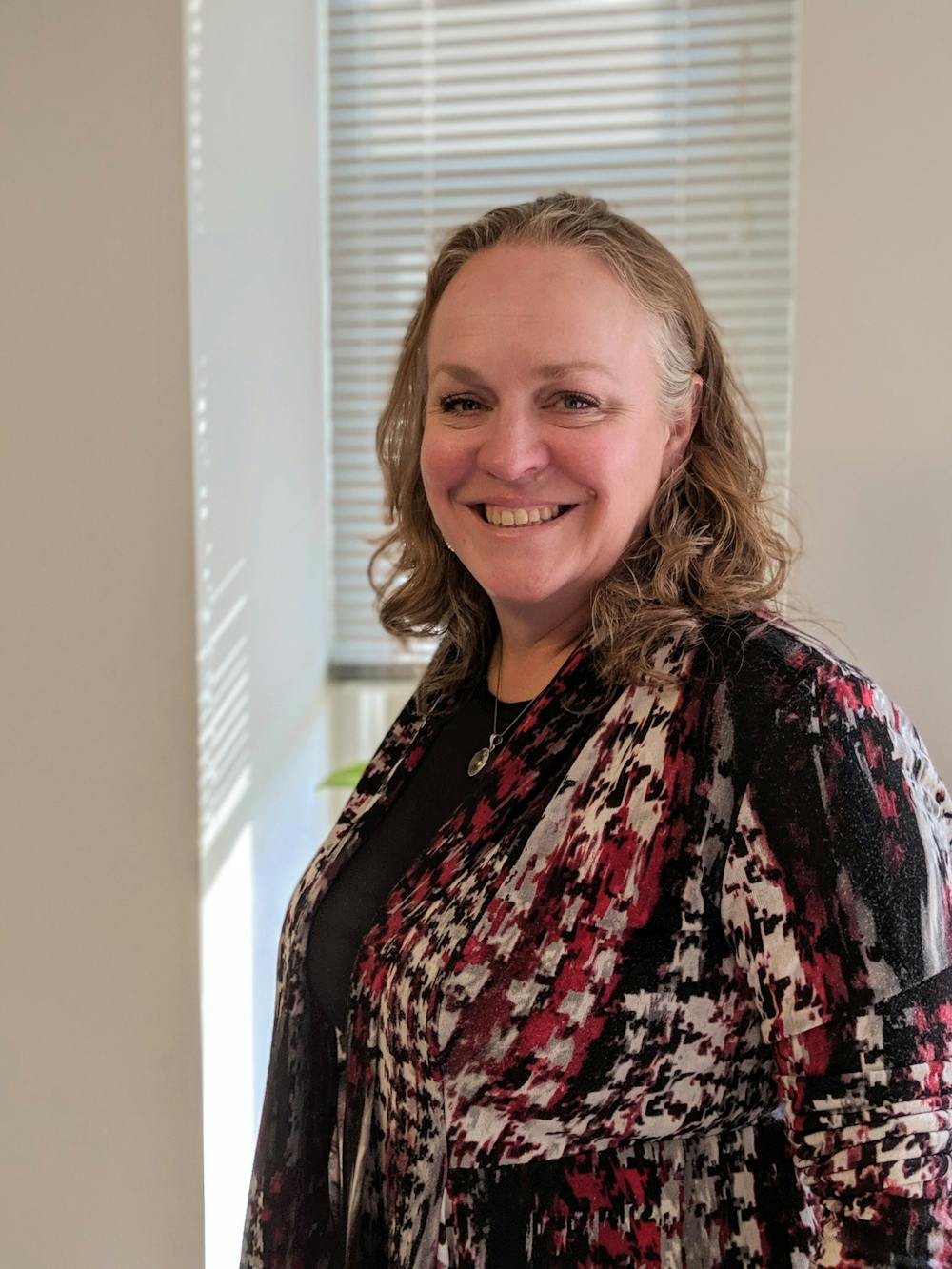Recently, The Daily Princetonian interviewed Cami Anderson, the CEO of ThirdWay, an organization supposedly dedicated to a progressive redesign of discipline in schools, such that the most marginalized might be less disadvantaged by a system that emphasizes punishment over instruction. Insofar as it is true, this is a commendable project. But as those jaded enough to recognize the ominous character of a CEO in such close proximity to anything education-related might expect, the organization is perhaps less benevolent than its primary spokesperson would have us believe.
The alleged merits of ThirdWay are predicated on Anderson’s own credentials, which, given her behavior as superintendent of Newark Public Schools, bodes ill for the organization so long as she heads it.
Those who wish to see Anderson speak for herself can easily do so in the pages of this very paper. That being said, it’s fairly easy to summarize the main points of her complimentary self-presentation: she has pure motivations, she understands how to really achieve and measure success, her departure from Newark Schools was both voluntary and casual, and her realism informs her that combating such vices as racial disparity will not be easy. This last part is certainly the case; as we will soon see, this is so much the case that she has, in effect, chosen not to take the task on at all.
Over five and a half years ago, attorney and journalist Bob Braun laid out the true costs of Anderson’s leadership: nothing less than the wholesale eradication of hope for those students under her control who expected (and deserved) not only viable but excellent education.
Having done nothing to improve the material infrastructure of school buildings, for instance, Anderson cynically appealed to their neglected state, thereby opening the door to the privatization that her friends in high places so ravenously coveted, as Braun addresses. In other words, these places were hopeless failures, judging by their physical appearance, so Anderson felt sure that the communities meant to be served in those buildings should be only too happy to hand them over without a fight.
To the credit of her victims, however, Anderson was proven incorrect. Apparently, a groundswell of opposition built up, since it was perfectly clear to parents, teachers, and students alike that criticizing the pedagogy of an underfunded school is something akin to pronouncing a cell phone worthless, all the while holding its battery behind your back.
Fortunately for those of us who still hold integrity and accountability in higher esteem than the slick politicking of self-serving power brokers, community members saw right through the cloud of verbal excrement directed at them by Anderson. Evidently, this lackluster credulity rubbed Anderson the wrong way, given that at a panel discussion, she fantasized about bringing forth her brothers against any critics. Frankly, I was unaware that a good way to show one’s commitment to improving a community was to openly contemplate brutalizing the people on the ground trying to make it better.
I'll admit, though, that I don't quite have her educational expertise, which she cultivated thoroughly at out-of-state conferences a sufficient distance from the people for whom she was responsible. When she goes on to call Newark “horrible,” though, this demonstrated her boundless dedication, and I confess that I was “schooled,” as they say.

But her incorrectness is not limited to this; one might think that schools are destined to perform uniformly badly, presided over by a malicious supervisor who starved every resource and would terminate an employee at the drop of a hat. Even this, as it turns out, is not true, at least if you take seriously not just the numerical evidence of test scores, but the direct, nearly unanimous testimony of parents and even some students themselves. The politics of the matter, unluckily for journalists, educators, and others partial to the truth, requires that such perspectives be erased through obfuscation, evasiveness, and deception.
When Grace Sergio, at the time the outgoing president of the Hawthorne Avenue School parent organization, posed the question, “What more do we need to do?,” she did not receive a satisfying response.
We must recognize her past and, more broadly, advocate against entrusting her further with the education of those whom she has already so direly failed. The fact that this effort is necessary is, to quote Braun, “sad.” Sad it may be, but necessary it remains, and this piece is intended to drive it forward.
Braden Flax is a junior from Merrick, N.Y. He can be reached at bflax@princeton.edu.









